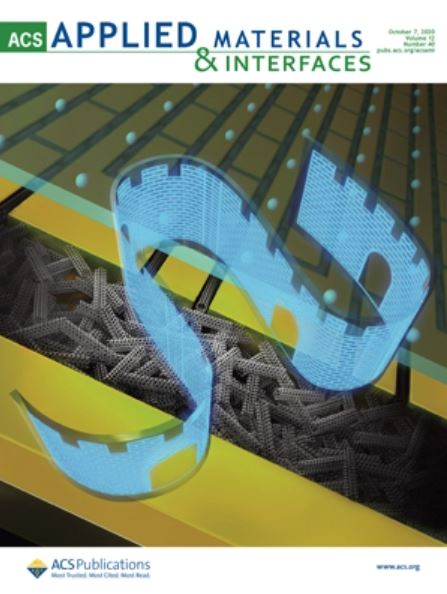102. All-Solution-Processed, Oxidation-Resistant Copper Nanowire Networks for Optoelectronic Applications with Year-Long Stability
- English
- Türkçe


Copper nanowires (Cu NWs) hold promise as they possess equivalent intrinsic electrical conductivity and optical transparency to silver nanowires (Ag NWs) and cost substantially less. However, poor resistance to oxidation is the historical challenge that has prevented the large-scale industrial utilization of Cu NWs. Here, we use benzotriazole (BTA), an organic corrosion inhibitor, to passivate Cu NW networks. The stability of BTA-passivated networks under various environmental conditions was monitored and compared to that of bare Cu NW control samples. BTA passivation greatly enhanced the stability of networks without deteriorating their optoelectronic performance. Moreover, to demonstrate their potential, BTA-passivated networks were successfully utilized in the fabrication of a flexible capacitive tactile sensor. This passivation strategy has a strong potential to pave the way for large-scale utilization of Cu NW networks in optoelectronic devices.
